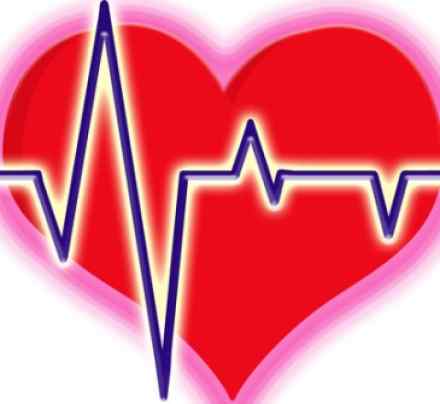
What is it?
Your heart's beating is controlled by electrical impulses sent from within your heart. These keep it going at a steady pace. A-Fib occurs when these signals are scattered and your heart, and the chambers within your heart, are all out of synch with each other.
How do I recognise it?
If you have symptoms (and you may not), you may experience some of the following:
- Palpitations, which are sensations of a racing, uncomfortable, irregular heartbeat or a flopping in your chest
- Decreased blood pressure
- Weakness
- Lightheadedness
- Confusion
- Shortness of breath
- Chest pain
Causes
In atrial fibrillation, the upper chambers of your heart receive chaotic electrical signals and they quiver. The lower chambers also beat rapidly, but not as fast as the atria.
The end result is a fast and irregular heart rhythm. The heart rate in atrial fibrillation may range from 100 to 175 beats a minute. The normal range for a heart rate is 60 to 100 beats a minute.
Any of the following could possibly cause A-Fib
- High blood pressure
- Heart attacks
- Abnormal heart valves
- Congenital heart defects
- An overactive thyroid or other metabolic imbalance
- Exposure to stimulants such as medications, caffeine or tobacco, or to alcohol
- Sick sinus syndrome — improper functioning of the heart's natural pacemaker
- Emphysema or other lung diseases
- Previous heart surgery
- Viral infections
- Stress due to pneumonia, surgery or other illnesses
- Sleep apnea
How do you treat it?
Like any disease, even if there is no cure, there is almost always something you can do to manage it and take control. There are three main areas involved in the treatment of any disease:
For information on medicines and therapies relevant to Atrial Fibrillation, make an appointment at Lynch's pharmacy, Douglas, Cork on 021-4366923.
Learn all about the drugs used to treat the disease and any complementary medicines or therapies proven to help. Equip yourself with the tools to manage the condition and not be managed by it.
How do you live with it?
Certain adjustments may be needed to get on with your life, and often, some simple tips and advice can go a long way to making these changes.
When you come to a Lynch's Pharmacy Atrial Fibrillation clinic, we give you all the current information available to make your life more manageable and enable you to live with your condition.
References
Atrial Fibrillation-http://en.wikipedia.org/wiki/Atrial_fibrillation
Atrial Fibrillation, information for patients- http://www.cks.nhs.uk/patient_information_leaflet/atrial_fibrillation

